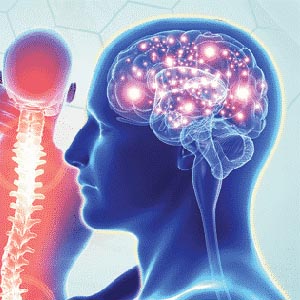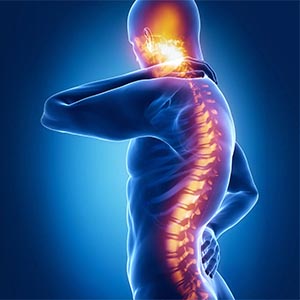Description
A neurosurgeon is a specially trained medical doctor who diagnoses and treats conditions that affect your nervous system — your brain, spinal cord and nerves. Neurosurgeons perform surgery on your nervous system, but they can also provide nonsurgical treatments. They typically try all nonoperative treatment methods — like medications and physical therapies
Neurosurgeons can also diagnose and treat conditions that affect the structures that support your nervous system, including:
- Your skull
- Spinal vertebrae
- Spinal disks
- Blood vessels
- Protective membranes and soft tissues.
A neurosurgeon assesses, diagnoses and treats conditions that affect your body’s nervous system, which includes your brain, spinal cord and spinal column, and all of your nerves that extend from your spinal cord.
While neurosurgeons can perform complex surgery in your spine and brain, they often suggest nonsurgical or conservative care first.
The Benefits
There are around a hundred billion neurons in the brain, capable of generating their own impulses and of receiving and transmitting impulses from neighbouring cells. Neurology involves the study of:
- The central nervous system, the peripheral nervous system and the autonomic nervous system.
- Structural and functional disorders of the nervous system ranging from birth defects through to degenerative diseases such as Parkinson's disease and Alzheimer's disease.
Neurosurgery is no doubt a very challenging specialty and one that involves long hours, many on-call duties and a high degree of risk. However, it can also be very rewarding as successful surgery can greatly improve a patient’s quality of life. Neurosurgery is at the forefront of medical, surgical and technological advances.






